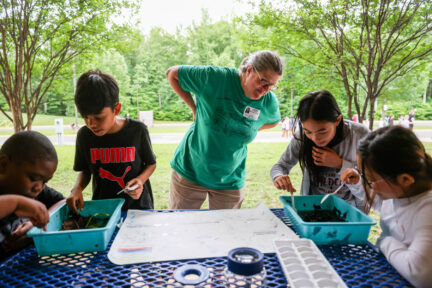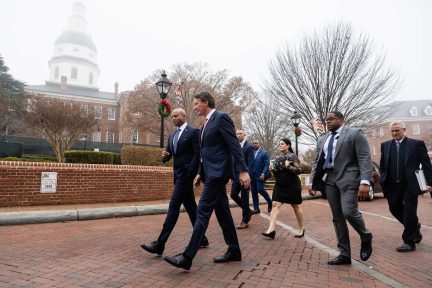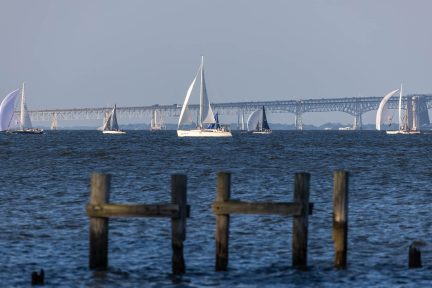Experts, decision makers focus on improving environmental education
Environmental education experts, cabinet-level representatives from state government, and other decision makers gathered in Annapolis on Wednesday to explore how states can assist local education agencies in creating and sustaining high-quality environmental literacy programming as part of their ongoing education reforms and to meet commitments under the 2014 Chesapeake Bay Watershed Agreement.



